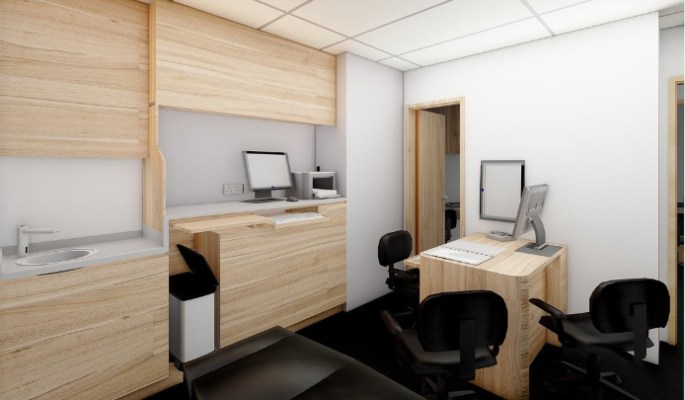7 Things To Do Before Signing a Commercial Lease
Are you preparing to sign a commercial lease for your company in California? It is a big step. Location matters—as does ensuring that you have a well-drafted lease agreement. Once you have a spot picked out, there are some key things that you need to do before you sign a commercial lease. Here, our Fremont commercial lease attorney highlights seven things to do before signing a commercial lease in California.
1. Visit the City’s Planning Department
You need to be sure that your business can operate in the location in which you are interested. With that in mind, you should start by confirming that your intended use of the property is legally permitted. In California, every city has zoning laws that regulate what type of business can operate in a specific location. If your business requires a zoning permit, learn how long the approval process will take. You should also ask about building permits, occupancy permits, and any other requirements specific to your area.
2. Review the Timeline for Permits and Approvals
Even if your business type is allowed under zoning rules, you may still need construction or occupancy permits before opening. These processes can take weeks or even months, especially if inspections or modifications are required. You should ask the planning department for an estimate of the timeline. If approvals will delay your ability to open, that knowledge becomes valuable during negotiations with the landlord. It is important because you may need rent abatement or other concessions while you wait on permits.
3. Inspect the Property With a Licensed Contractor
Is the property in as good of shape as it looks? You need to be sure. A professional inspection by a local, licensed contractor is an invaluable resource. The contractor can identify potential ADA compliance issues, the scope and cost of any necessary buildout, and the condition of critical systems such as plumbing, electrical, HVAC, and the roof. Commercial spaces can hide expensive problems that only an expert will recognize.
4. Estimate Buildout Costs and Timelines
Most commercial spaces are not “plug and play.” There are exceptions, but even with second generation spaces where a similar business was the tenant in the recent past, some work will likely be required. Your business may need new walls, lighting, flooring, or accessibility upgrades. Understanding the cost and time associated with buildout allows you to evaluate whether the space is financially viable.
5. Be Ready to Negotiate With the Landlord
Once you have all the relevant information, you will be in a strong position to negotiate. Seek concessions such as free rent during construction, reimbursement for buildout, or landlord-funded improvements. Do not be afraid to push for terms that protect your business, especially if the landlord is eager to fill the space. A lawyer can represent you to negotiate for a more favorable commercial lease.
6. Have a California Commercial Law Attorney Review the Lease
Commercial leases are complex legal contracts. Before signing, have a qualified attorney review the lease to advise you on your rights and responsibilities. An attorney can propose amendments that address important tenant protections, such as limits on personal guarantees, fair allocation of maintenance responsibilities, and options to renew or expand.
7. Always Plan for the Long-Term
Finally, commercial tenants in California should think beyond the immediate move-in. You must consider how the lease terms will affect your business growth, exit strategy, and liability in the future. For example, does the lease allow subleasing if you outgrow the space? Are rent increases capped or tied to market conditions? Does the lease require you to restore the property to its original condition at the end of the term? A long term plan is best.
Contact Our California Commercial Lease Agreement Lawyer Today
Lynnette Ariathurai is a California business attorney with the knowledge, skills, and experience to handle commercial lease agreements. If you have any questions about what you need to do before signing a commercial lease, we can help. Contact us today for a fully confidential consultation. We draft and review commercial lease agreements throughout the Bay Area.
business lease, commercial lease, commercial lease negotiation, leasing property for business



